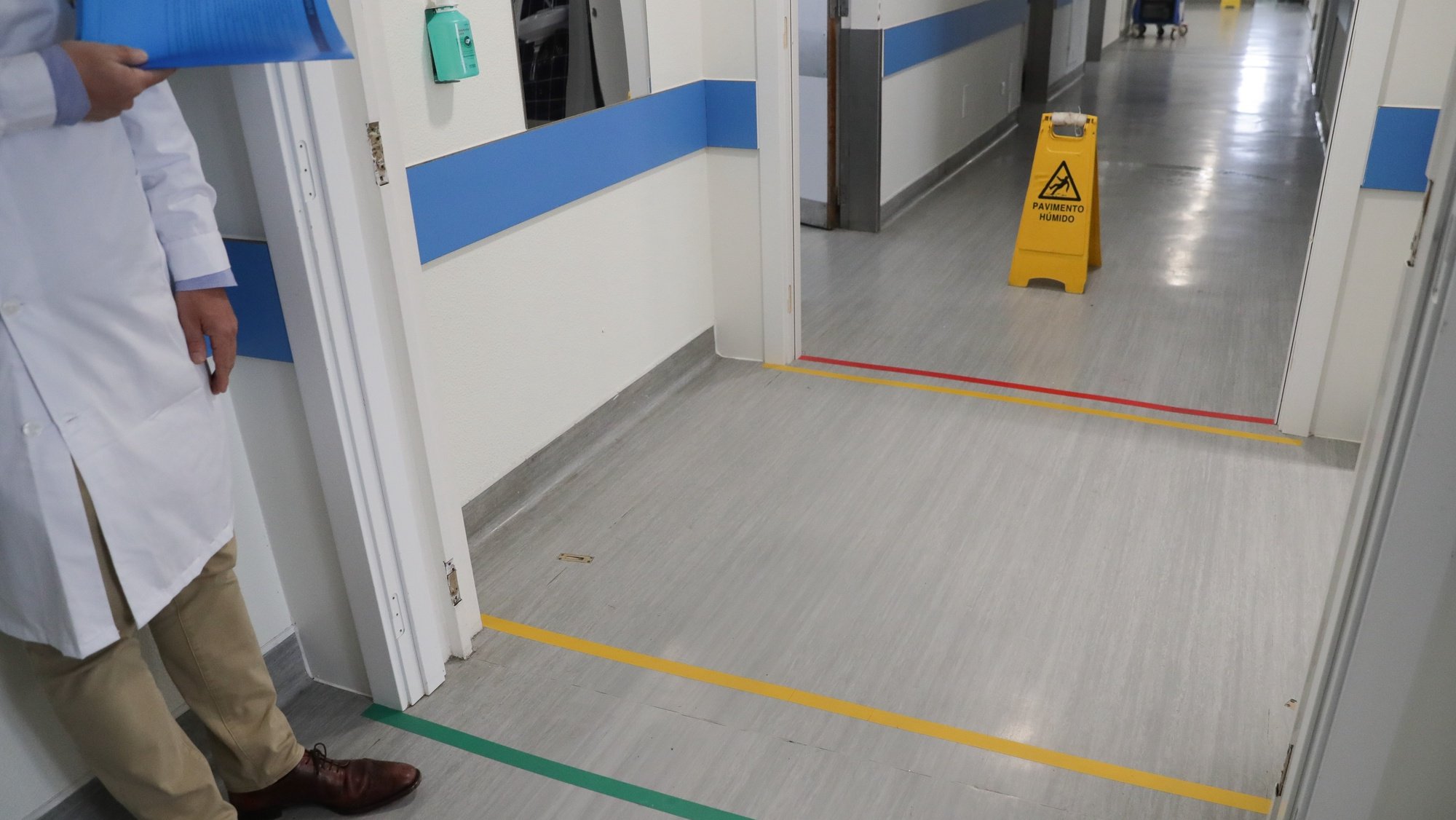The Portuguese Society of Intensive Care (SPCI) and the Infections and Sepsis Group will outline the profile of patients hospitalized with severe and very severe Covid-19, at a time when the majority of the population is vaccinated.
According to the president of the SPCI, Paulo Mergulhão, the data that will be collected in this study “are of great relevance to inform the decisions about the use of new available therapiesthat reduce the risk of progression to more severe forms of SARS-CoV-2 infection″.
The experience of recent months suggests that the population at greatest risk is made up of two different groups. The first includes unvaccinated people, which is increasingly rare. An auxiliary question in this context is the duration of protection conferred by vaccination and the CritCov22 study will also try to explore this issue”, explained the expert.
The second group, he added, “is that of people with significant compromise of the immune system, that is, recipients of solid or hematological organ transplants, patients exposed to immunosuppressive therapy or with other forms of congenital or acquired immunosuppression.”
“It is essential to systematize these data to clarify the true risk factors for developing severe or critical Covid-19“, emphasizes Paulo Mergulhão.
The study will include all patients admitted to the Intensive Care Services (SMI) between February and April of this year, with a diagnosis of SARS-CoV-2 virus infection, “although this is not the cause of admission” , specifies the person. in charge.
The data to be collected will be epidemiological and comorbidities “with special attention to the risk of immunosuppression.”” and the comparison between the groups (SARS-CoV-2 infection and severe/critical Covid-19) “should help to clarify the current risk factors for the development of severe disease”, he stresses.
It will also be possible to collect data on resource consumption and global outcomes that should make it possible to assess the cost that SARS-CoV-2 currently imposes on intensive care services.
One of the great lessons of this pandemic is the disruptive potential for the entire health system of a situation of sustained overload of the Intensive Medicine Services, with a compromise in their response capacity,” said the official, considering that this has consequences ” not only in acute critical illness, but also in situations such as highly complex procedures [como por exemplo cirurgia oncológica ou cardíaca] or the need to occupy spaces, such as operating rooms or recovery rooms, with the consequent detriment to their scheduled activity”.
Paulo Mergulhão acknowledges that the high vaccination rate in our country “has led to a relaxation of prevention measures”, insisting that these “should always be remembered”.
“THE respiratory etiquette, hand washing and use of masks in the contexts where it is recommended, they continue to be measures whose importance should not be underestimated. We know that vaccination greatly reduces the risk of developing the most serious manifestations of Covid-19, but it does not eliminate it completely, ”he said.
Remember that currently “there are already pharmacological alternatives, such as monoclonal antibodies”, approved by the European Medicines Agency, for the prevention of Covid-19 and that several countries of the European Union “have already defined criteria for their use in the protection of immunosuppressed”. patients who do not develop an adequate response to vaccination.
“We look forward to your availability in Portugal and the data collected can help define the target populations for this type of intervention”, he considered.
To these pharmacological alternatives are added the treatments already available in Portugal, such as “antiviral therapies or monoclonal antibodies that have proven to be effective in reducing the risk of progression of SARS-CoV-2 infection to more severe forms.”
“Like all the others, these new drugs have known side effects, pharmacological interactions that may be relevant, specific contraindications and a cost that may not be negligible,” said the expert, stressing: “It is for these reasons that it is essential identification of groups or populations most likely to benefit from the use of these new alternatives therapy”.
Source: Observadora
